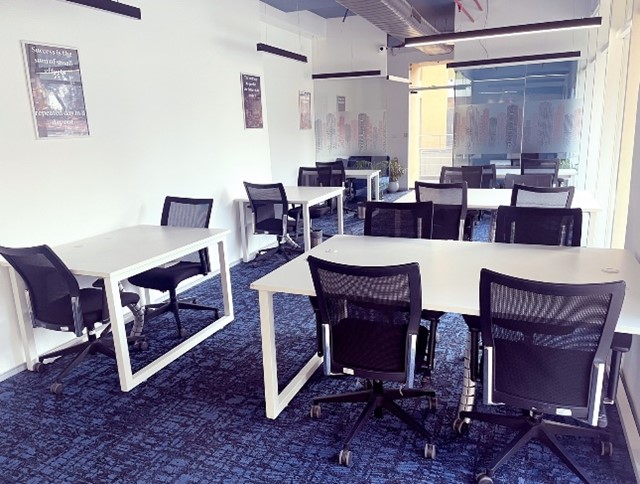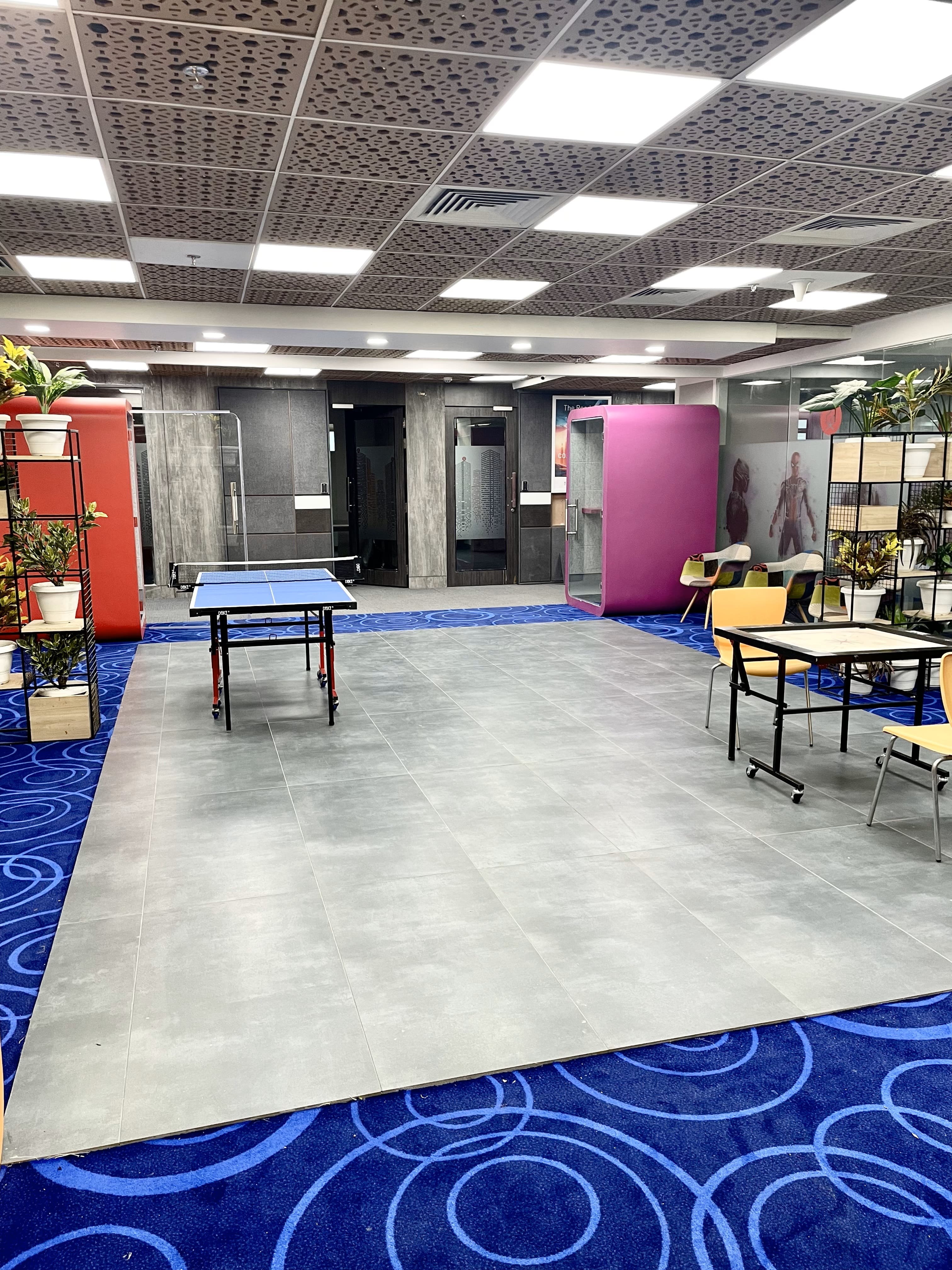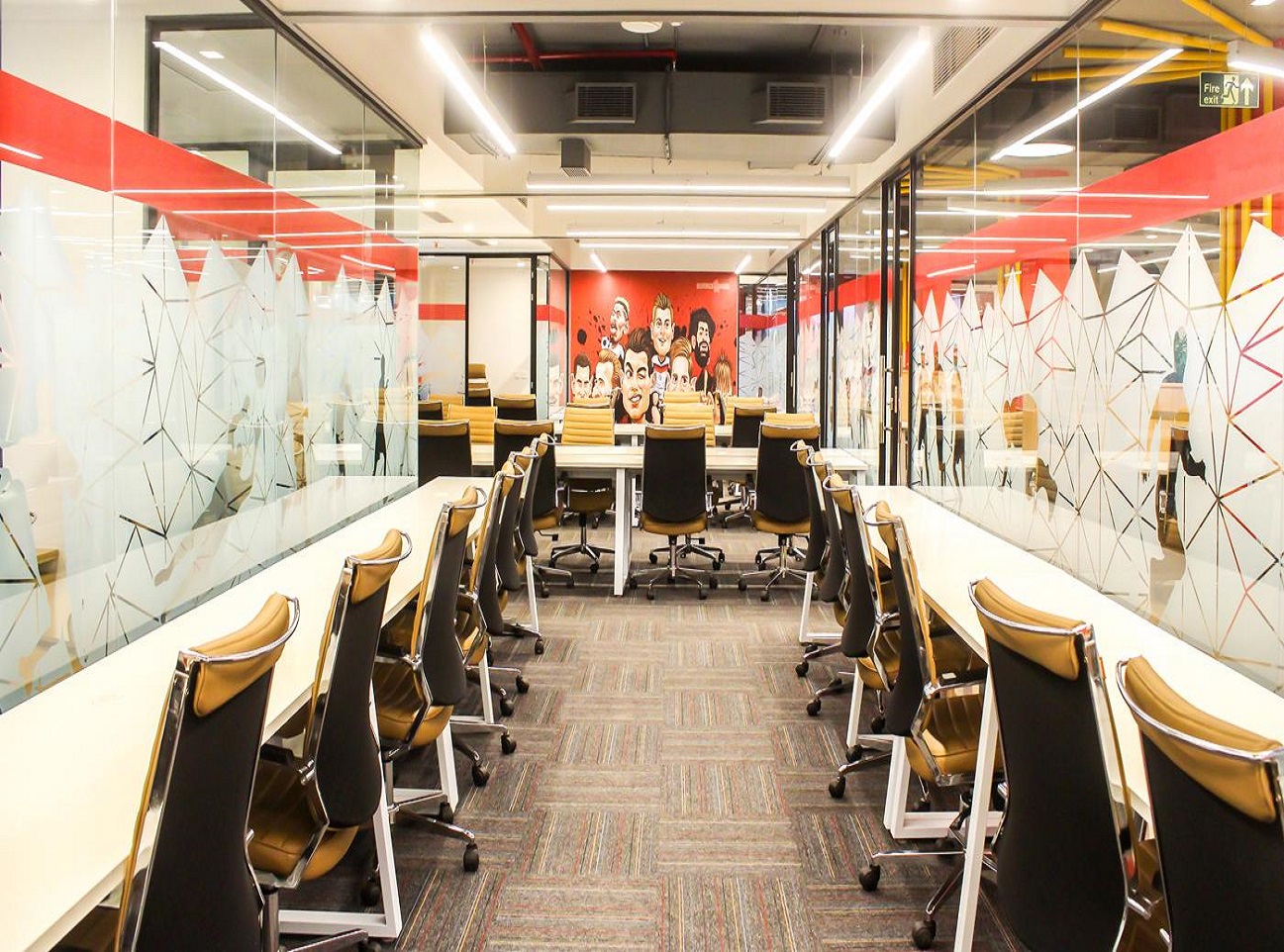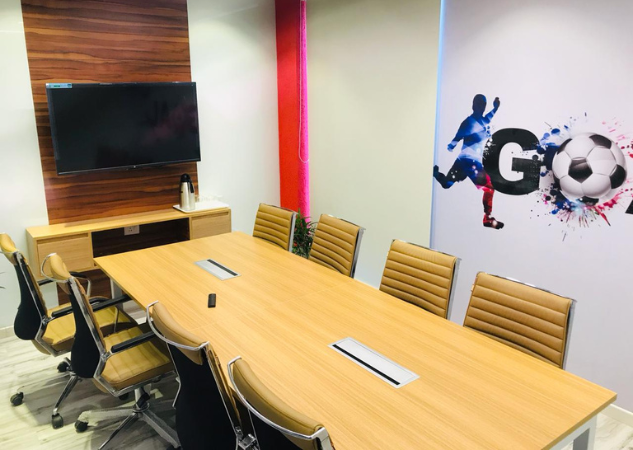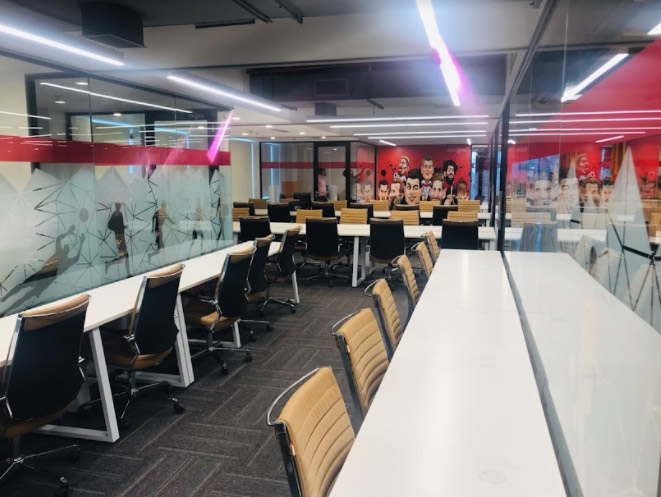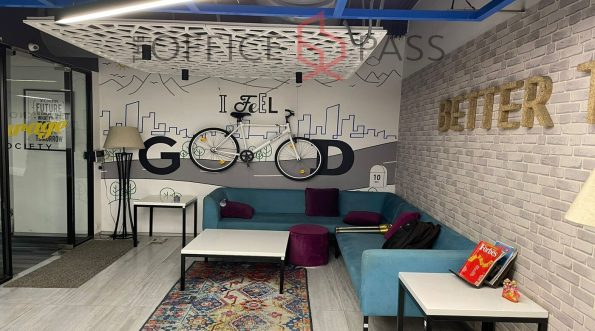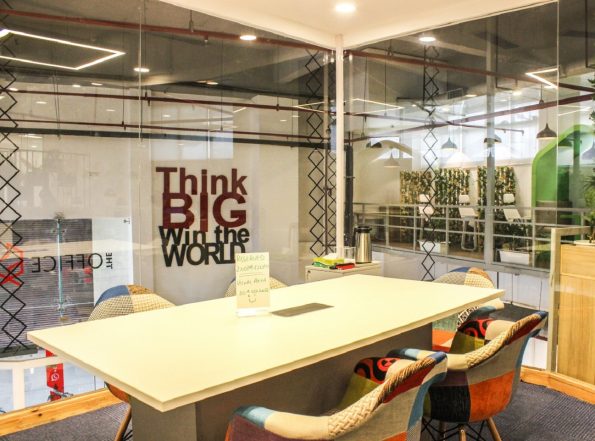From agriculture and manufacturing to the service industry, small and medium businesses are mushrooming everywhere. Setting up a business is only the first step, making it grow is complicated. The success stories are limited and unfortunately, many SMBs fail to reach their full potential. Irrespective of their niche, many of the challenges faced by small businesses are common. Read about this blog to know about the 15 major challenges faced by Small and Medium Enterprises (SMEs) in India as given below:-
15 Major Challenges faced by Small and Medium Enterprises (SMEs) in India 2024
-
- Hiring And Retaining Talent
- Expensive Real Estate
- High Competition
- Poor Cash Flow
- Founder Dependence
- Scale Vs Quality
- Ineffective Marketing and Advertising
- Disorganized Book-Keeping
- Limited Clients
- Corporate Brand Building
- Regulatory Compliance
- Technological Advancements
- Access to Finance
- Supply Chain Management
- Globalization Pressures
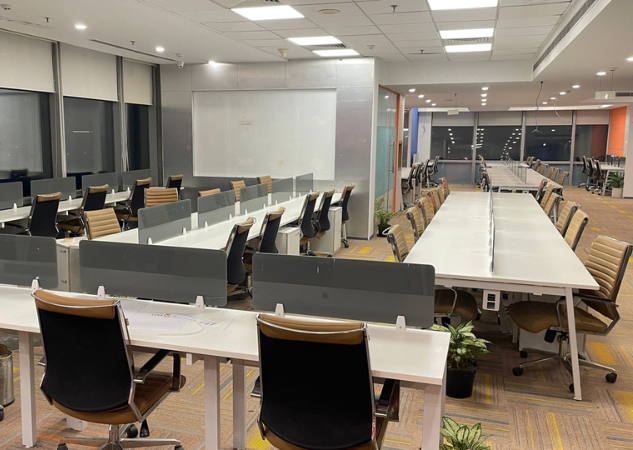
1. Hiring And Retaining Talent
An organization is only as good as its people but recruiting and retaining talent is one of the biggest problems faced by small businesses. Given the limited resources, matching market salaries and perks is a big hurdle. However, once businesses realize that salaries are not the only factor contributing to employee attrition, solutions can be found. Making sure your employees feel valued by taking care of their needs and showing them a path for growth can help retain their loyalty.
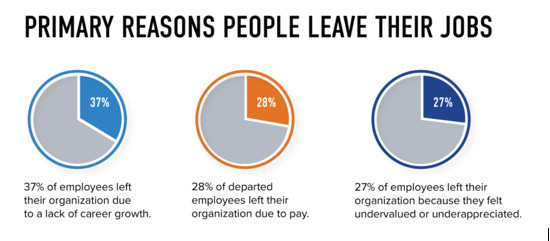
💡 Are you looking for Coworking space in Gurgaon, Noida or Delhi?. We are just a call away.
Call now: 08999 828282
Source: QuantumWorkplace
2. Expensive Real Estate
Renting an office space is probably the biggest operational cost for Small and Medium businesses. Assuming the business has 10 employees, it would need at least a 400-500 square feet office. In Delhi that would cost almost Rs 33,000-40,000 per month! That’s exclusive of office operational costs like electricity, Wi-Fi, security, housekeeping, etc.

Source: Statista
Thankfully, there is a way out. Coworking spaces are helping overcome this challenge faced by SMBs. Businesses can rent office desk space and use shared amenities without the need to spend time, effort and money to manage an office space.
3. High Competition
Making a business stand out in today’s competitive market is one of the biggest challenges facing small businesses. Products and services can be easily replicated and maintaining the USP is difficult.
Hence, businesses need to look beyond the product. Simple things like improving customer service, making the product exclusive and offering convenience in the form of home deliveries can help a business stand out.
4. Poor Cash Flow
Almost every business starts with limited capital and hence poor cash flow is not the exception, it is almost always the rule. Loans are an option but not all applications are passed. Hence, businesses have to look at other ways to get past this. Let’s take a look at some of the most common methods as illustrated by a 2021 Small Business Trends report.

In addition, businesses may need to take several steps to conserve cash. Finding newer ways to serve their customers while spending less money. For example, choosing a coworking space over an independent office could cut down on office running expenses by 18-24%.
5. Founder Dependence
Founders usually find themselves playing multiple roles in SMBs. They see the business as their pet project and often find it difficult to let go of roles and responsibilities. This may seem like maintaining control but it could be the factor limiting the company’s growth.
As the team and resources grow, founders must learn to delegate responsibilities so that the business can function even when they’re away.
6. Scale Vs Quality
Whether the brand is manufacturing a product or offering a service, to grow, it must ultimately scale up. Doing so may mean sacrificing certain things. For example, a soap manufacturer can hand paint motifs on the packaging for 100 units but doing the same for 5000 units may not be possible.
Thus, businesses need to find a mid-way point that helps them scale up without dropping their quality standards. It may take a few hit-and-miss tries to find the right balance. Using technology can be handy especially for repetitive jobs.
💡 Are you looking for Coworking space in Gurgaon, Noida or Delhi?. We are just a call away.
Call now: 08999 828282
7. Ineffective Marketing and Advertising
To reach out to new customers SMBs need to market and advertise their products. This becomes a battle of resources. It is nearly impossible to compete with brands that can get celebrity endorsers and put-up giant billboards.
The way out for small and medium businesses is to generate word-of-mouth recommendations and use digital media smartly. If you’re based out of a coworking space, you could work with other brands for cross-promotion exercises.

Source: Nielsen
8. Disorganized Book-Keeping
Most forms of administration like bookkeeping and payroll management are time-consuming and complicated. However, they are also necessary. It isn’t a surprise to note that this is often listed among the challenges faced by small and medium businesses. Not only can poor quality administration work hamper cash flow, but it could also put your business at risk of being fined for non-compliance with state regulations.
The most reliable solution to this issue is to outsource it to professionals (at least in the initial phase of the business). This often works out more budget-friendly as compared to hiring a full-time employee.
9. Limited Clients
A business that generates more than 50% of its income from a single source can easily find itself in trouble. The client may pay well today but once his/ her need goes away, the business will find it hard to survive.
Diversifying a client base is harder than it sounds as businesses must prove themselves at every point. However, with consistent efforts via email campaigns, newsletters, cross-promotions, etc. businesses can expand their audience.
10. Corporate Brand Building
As a company grows, the need for strong branding increases. With branding comes customer loyalty, higher SEO ranking, PR attention and more. However, this is a process that takes time.
Business owners need to understand the value of branding and make consistent efforts towards strengthening it. To start with, it means having a unique logo, a set color palette and curated fonts for all communication and a defined tone for communication.
11. Regulatory Compliance
One of the significant problems of SMEs in India is navigating the complex regulatory landscape. Small scale industries often struggle to keep up with the numerous legal requirements and frequent changes in policies. Compliance with labor laws, environmental regulations, and taxation norms can be both time-consuming and expensive, creating a substantial burden on small businesses.
12. Technological Advancements
Discuss the problems faced by small scale industries, and you’ll find that keeping up with technological advancements is a major challenge. Many SMEs in India lack the necessary funds and expertise to adopt new technologies. This technological gap can lead to inefficiencies in operations, reduced competitiveness, and an inability to meet the evolving demands of the market.
13. Access to Finance
Access to finance is a persistent issue among the problems of SMEs in India. Small businesses often find it difficult to secure loans or other forms of credit due to stringent lending criteria and the perception of being high-risk by financial institutions. This financial constraint limits their ability to invest in growth opportunities, upgrade infrastructure, and manage cash flow effectively.
💡 SMBs looking for HR, Marketing, Technology and Funding solutions for their business.
Call Hello Jarvis 994 8000 800
14. Supply Chain Management
Effective supply chain management is crucial, but it remains one of the significant problems faced by small scale industries. SMEs often encounter challenges such as unreliable suppliers, logistical issues, and inadequate infrastructure. These disruptions can lead to delays, increased costs, and an inability to meet customer demands promptly, thereby affecting their overall performance.
15. Globalization Pressures
In the context of globalization, small scale industries face immense pressure to compete on an international level. Problems of SMEs in India include difficulties in expanding their market reach beyond local boundaries, dealing with intense global competition, and adhering to international standards and regulations. These challenges can hinder their growth prospects and limit their ability to tap into new market opportunities.
As a business owner, you can’t give up in the face of challenges. How you get past them is what will ultimately make your success story interesting. Many of these challenges can be overcome, at least in part, by switching from traditional independent offices to a coworking space like The Office Pass (TOP). To know more reach out to us at 08999 828282.
FAQs Related to Small and Medium Business:
Question: What are the main challenges faced by small business in India?
Answer: Small and Medium businesses in India face several major challenges that can hinder their growth and sustainability which include: Lack of Access to Finance, Regulatory Compliance, Infrastructure Deficiencies, Limited Market Access, Skilled Manpower Shortage, Technology Adoption & Competition from Unorganized Sector.
Question: What strategies can small businesses adopt to compete with larger companies?
Answer: Small businesses can adopt several strategies to compete effectively with larger companies. Here are some strategies they can consider: niche focus, personalized customer experience, quick decision-making, focus on local community, collaborate and Network, unique selling proposition and focus on quality.
Question: What are the features of small business?
Answer: Small businesses have a variety of features that distinguish them from larger corporations. Here are some common features of small businesses: size, ownership, local focus, flexibility and agility, personalized service, local job creation, limited resources and community engagement.
Question: What size is a small to medium business?
Answer: The categorization of a small to medium-sized business (SMB) can vary depending on various factors such as industry, location, and specific definitions used by different organizations or countries. Small businesses often have between 10 and 50 employees while one with between 50 and 1,000 employees is a medium-sized business.
Question: How can small businesses in India address these challenges?
Answer: To address these challenges, SMBs can explore options such as seeking financial assistance from government schemes, improving their digital presence, investing in employee training, and staying informed about regulatory changes. Additionally, forming industry associations and networks can provide support and opportunities for collaboration.
Question: What infrastructure challenges do SMBs face in India?
Answer: Inadequate infrastructure such as unreliable power supply, poor transportation networks, and limited access to technology hinder productivity and growth.
Question: What are the difficulties SMBs face in terms of talent acquisition and retention?
Answer: Limited resources make it challenging to attract skilled talent, and retention becomes an issue due to competition from larger firms and limited career growth opportunities.
Question: How does lack of digital adoption affect SMBs in India?
Answer: Limited digital presence and outdated technology hinder competitiveness, customer reach, and operational efficiency for SMBs.
Question: How does access to finance pose a challenge for SMBs in India?
Answer: Limited access to capital, high interest rates, and complex loan approval processes hinder growth and expansion.
Question: How do economic fluctuations impact SMBs in India?
Answer: Fluctuations in the economy, including inflation, currency depreciation, and changing consumer behavior, pose challenges for SMBs in maintaining stability and growth.



